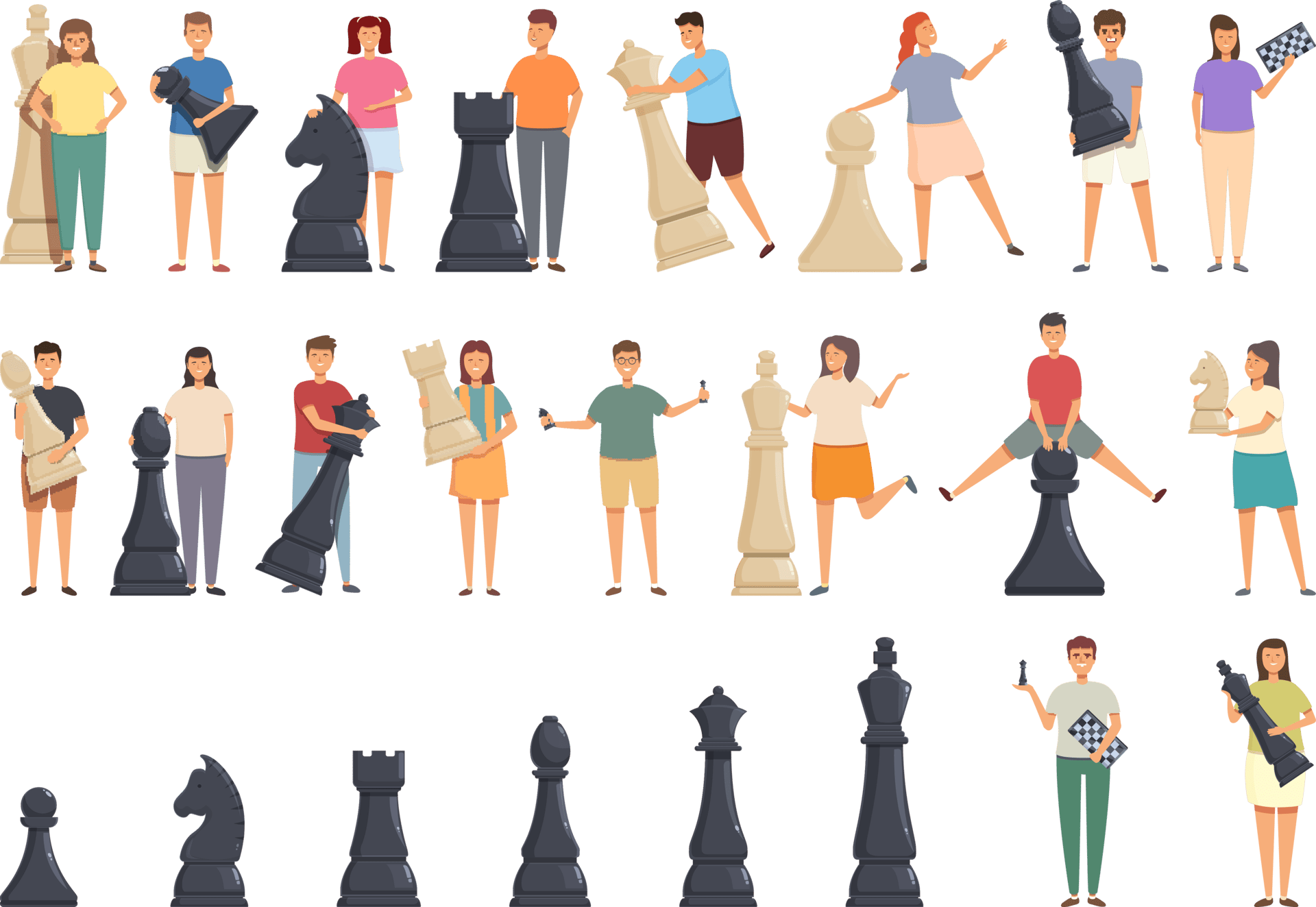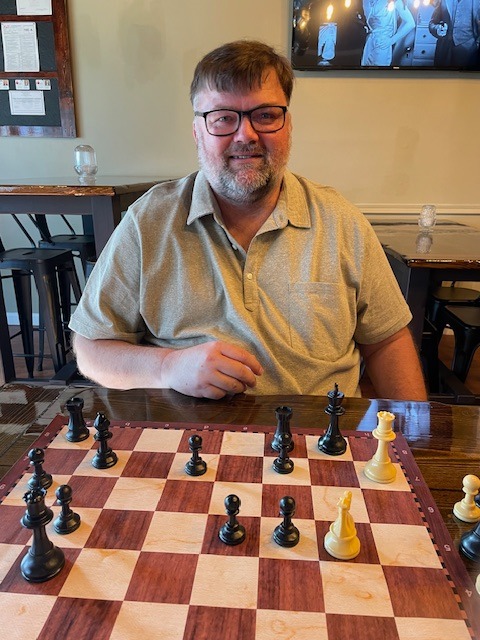Classes begin MAR 2026

Chess in Education
For a long time, I’ve had the sense that most of us aren’t quite sure which direction the train is heading—including myself. That’s not cynicism speaking; it’s a deeper realization. Many of us carry vague ideas about how real change happens. We wait for someone else to lead it, or we look away when the path feels uncertain. And when we do speak about it—about systems, transformation, or truth—it’s not always met with enthusiasm. Sometimes it makes people uncomfortable. But that discomfort is part of the process.
There’s an old proverb I once heard: “A wise man can learn more from a foolish question than a fool can learn from a wise answer.” It stuck with me. Doesn’t that feel familiar when we look at what stands in the way of progress? I think it does—because "progress" itself is elusive. It means different things to different people, and those contradictions are often hidden beneath polished, public narratives. Rarely do we experience deep, deliberate change in our own lives. When we do, it’s often driven by conscience—but also by fear. That tension is real. And for many, it feels paralyzing.
For me, having a sense of purpose changed everything.
Ironically, I spent much of my early life uncertain about what I was meant to do. I didn’t thrive in school—not in the conventional sense. That irony isn’t lost on me. It was my aunt, a psychologist who worked with high school students, who suggested I take a comprehensive aptitude assessment in my mid-twenties. I had no clear direction at the time, and I was open to answers.
The results were revealing. I could understand much of what I’d been taught in school, but it never resonated. I wasn’t engaged. I didn’t know how to apply what I learned, and I didn’t feel drawn to try. Traditional education felt too abstract, too language-heavy, too disconnected from the structural, relational way my mind worked. I’m not a psychologist, but the experience made one thing clear: not everyone thinks—or learns—the same way. And that matters more than we tend to acknowledge.
Then, in my mid-thirties, I discovered chess.
That changed everything. Chess became more than a game—it became a way to think. It helped me see and understand patterns, relationships, and abstract connections that language alone couldn’t explain. It gave structure to complexity. And it opened up entirely new ways of learning, experimenting, and discovering.
Now, I believe chess offers something powerful for the future of education. It’s a tool for reimagining how we teach—not just what we teach. To truly transform education, we need to move beyond test scores and tired assessments. We need new systems—ones that reflect the full spectrum of how humans understand, adapt, and grow. Psychology has its place, but I believe we’ve relied on it too narrowly. We need the insights of anthropology, public health, systems design, and process engineering to build something that truly responds to our time.
The world is more complex than ever, and education must rise to meet that complexity.
In my view, memorizing isolated facts—especially those we can’t even prove—is far less valuable than learning how to connect ideas across disciplines, contexts, and cultures. That’s where understanding lives. That’s where good decisions come from. And that’s why I see chess not just as a strategy game, but as a model for a different kind of learning—one that’s reflective, immersive, and adaptable.
I’ve also come to believe that language, while essential, can no longer be our only tool for thinking or expression in education. Somewhere along the way, its role shifted. Our overreliance on it has narrowed the way we frame knowledge and accelerated certain cognitive biases. It’s time to broaden the lens.
I’m actively seeking to connect with futurists, educators, and thinkers who are exploring these frontiers—those who aren’t afraid to challenge convention. I have ideas to share: ways chess can help educators diagnose learning struggles, but also chart a clearer path forward—a kind of educational prognosis. Through situational awareness and pattern recognition, we can give students something more natural, more intuitive, and more aligned with how they actually think.
And I’m not alone. I’ve started building relationships with educators who see the same possibilities—those who value visualization, reasoning, and real-world application. Together, we’re exploring ways to bring these ideas into the classroom, not as an add-on, but as a core framework. I’m working to build credibility as a trainer and coach so I can help teachers bring tools like chess into their practice in meaningful ways.
I’m especially interested in collaboration—real, courageous collaboration that challenges the status quo. It resonates with my own experience, and I believe it holds the key to what comes next. I want to study how collaborative models are working, where they’re falling short, and what they can become.
Most of all, I’ve learned to trust the space where ideas first take shape—my inner world. I believe how we think in the long run—over a lifetime—matters more than we know. That’s why I’m ready to open the door to others who are willing to take the same risks, ask the same questions, and pursue a new kind of future.
Together, I believe we can change education—not incrementally, but fundamentally. And maybe, just maybe, we can change the way we understand the world.


Warren White, Course Creator